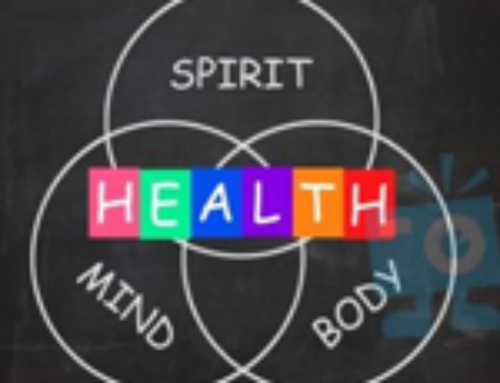The need to cope with adversity is unavoidable. Sometimes we have the presence of mind to step back from a problem and find a solution that relieves our stress. Other times the problem may swamp us because it is bigger than the coping mechanisms which are in our repertoire.
We all get tossed around in life and we all form defenses which are molded by our environment. Although these defenses may make sense in one environment, they can limit our ability to cope in another. Sooner or later, we are all likely to find ourselves in challenging circumstances where we are at risk for getting stuck in learned patterns which have outlived their usefulness. Infertility is such a big challenge that virtually everyone gets stuck. The agony and demands of infertility usually mandate that we develop new responses, new ways to cope.
Coping means dealing with and overcoming problems. Two related and interesting definitions of “coping” suggest the kind of adaptation that we need in order to cope effectively. Coping, in one definition, describes the round – edged tile that is used to give a bathroom or kitchen wall or a swimming pool a finished look. In the other, coping refers to the strips of fabric that go in-between the sections of a quilt which help to make up for imperfections. Infertility leaves us feeling unfinished and suggests that there is something more that is needed to recreate a sense of wholeness. We need to be able to ease the tattered edge of the mental and physical disruption caused by this unwanted reality.
The following* is a compilation of the various coping strategies from which you can choose. They can guide you to reestablish equilibrium at this difficult time. Which of these strategies resonate for you? Whichever make sense to you are more likely to be useable if you can discipline yourself to:
1. Stop when you feel overwrought.
2. Take a breather.
3. Refer to this list so as to decide what would work better for you than whatever you have been doing.
COGNITIVE APPROACHES
Change any of the following:
● Communication style
● Environment
● Schedule
● Responsibility
● Family or work routine
● Procedure
● Life-style habits
Do any of the following:
● Make a pro/con list
● Clarify values
● Evaluate relationships
● Notice stressors at home, at work, socially
● Evaluate your needs
● Ask yourself what would rebuild your self-esteem
● Set goals
● Exercise, yoga, tai chi to feel physical strength and relax the body
EMOTIONAL APPROACHES THINGS TO DO
● Exercise, yoga, tai chi to release endorphins and relax the mind
● Learn relaxation techniques
● Distract yourself with something which is predictably pleasant
● Monitor and shift thoughts to avoid being trapped in negativity
● Re name situation in a better light (how is the glass half-full?)
● Allow a catharsis
● Reach out for social support
● Find a way to laugh
● Release emotions into a journal
● Recognize and release judgment
EMOTIONAL APPROACHES WAYS TO BE
● Create affirmations, positive self-talk; repeat these mantras in your mind
● Experience your spirituality
● Accept the reality
● Flow with guided imagery or hypnosis tapes
● Learn self-hypnosis
● Focus mindfully in and on the present moment
● Breathe purposefully and generously
● Enjoy music, dance, singing, chanting, drumming
● Become absorbed in art projects
● Play
● Read or listen to stories
● Participate in energy healing such as Reiki
● Release tension with a massage
This list represents the many ways we can break into the stress cycle. The relentless physical and mental stress of infertility universally leaves people feeling out of control.
This list is designed to organize your options, giving you a fighting chance to feel mastery over these unwanted circumstances-one day at a time.
These options may serve you well. But perhaps they only get you into first gear.
Infertility is notorious for creating a need to think clearly at the same time that it scrambles your brain. You may need to enlist the support of a trusted friend or therapist if you find it difficult to cope in new ways.
*The organization of this list is adapted from The Wellness Book by Herbert Benson,MD and Eileen Stuart, RN.
©Helen Adrienne, 2008
Image courtesy of Iamnee at FreeDigitalPhotos.net







